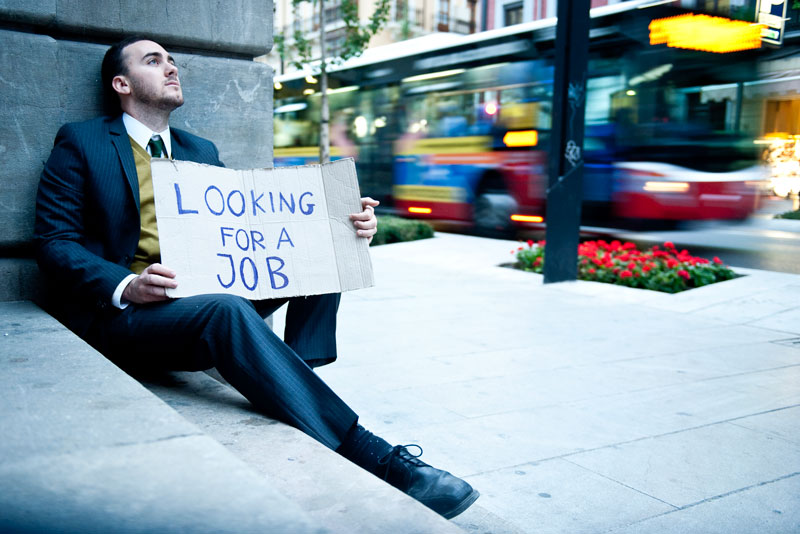Seattle thought it was doing a favor to workers by raising the city’s minimum wage to $15. What they didn’t bank on was that fewer workers would even have jobs to begin with.
The owner of a Z Pizza franchise, Ritu Shah Burnham, told Seattle news that she’d close in August–solely because the minimum wage law is unaffordable.
Z Pizza’s closure means Burnham–along with 12 of her employees–will be out of a job.
Burnham explains that she tried to do everything she could to keep her restaurant open–to no avail.
“I’ve let one person go since April 1,” she said. “I’ve cut hours since April 1, I’ve taken them myself because I don’t pay myself… I’ve also raised my prices a little bit, there’s no other way to do it.”
Though Seattle has a temporary exemption for small businesses–who can phase-in the $15 minimum wage over 6 years–Burnham is considered a big business. Z Pizza is a nationwide franchise–and even though Burnham owns just one store, she’s treated like a nationwide corporation.
“I know I would have stayed here… if I had an even playing field,” she said.
Higher minimum wages may sound like a cure-all to the growing wealth gap, but it tends to exacerbate problems–largely because businesses won’t hire as many employees with a higher minimum wage. Or, worse, businesses will simply shut down altogether, like Burnham’s Z Pizza franchise.
Seattle, meanwhile, has among the highest wealth gaps in the nation. The top 5 percent of Seattle households have an average annual income of $423,000–compared to just $13,000 a year for the bottom fifth.
But, with 13 workers newly added to the unemployment rolls–and counting!–that wealth gap looks like it might get even larger, thanks to misguided liberal economic policy.























